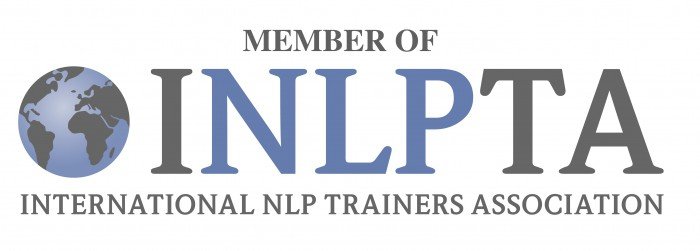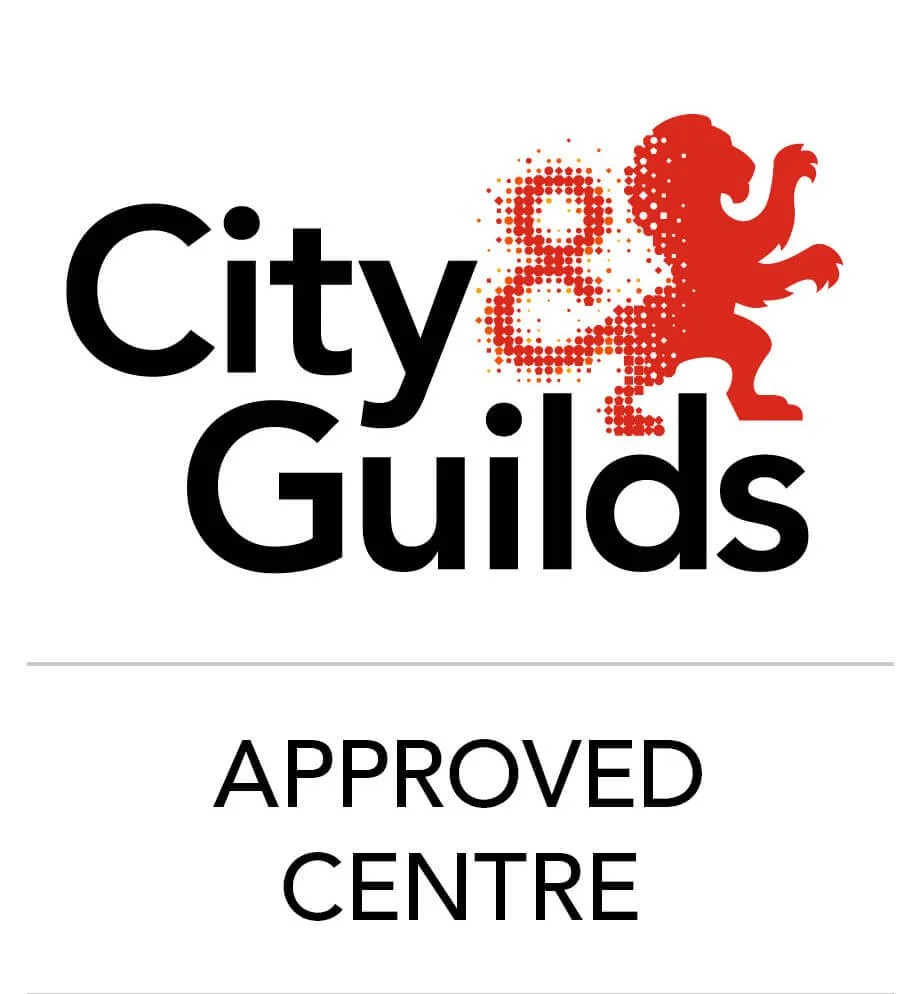
DE&I Training
A service tailored for the creative and tech industries, designed for a post 2020 world. Informed by industry leaders & experts.
What services do we provide?
What makes us unique?
From short-term practical workshops to mid-long term D&I strategy, we work with your organisation to change and transform the way you implement good equality and diversity practice. Our services include training, consultancy, facilitation, coaching, mentoring and assessment. These services are often delivered in combination and through our needs analysis they are always tailored to your organisation’s specific requirements.
Designed for the Creative & Tech Industries
We create Our workshops, trainings and consultancy tailored for the creative and tech industries, so anyone who enrols in our programs has an experience that really connects on a practical level with their day to day life experience in creative or tech. From the case studies we use to the practical training exercises, your teams will be able to relate to what’s shared in a more meaningful and impactful fashion.
Shaped By Leaders & Experts
Our services have been informed and shaped by leaders and experts in the creative and tech industries. People who have either experienced discrimination first hand, witnessed it, are experts on the subject or our d&I practitioners themselves. This real world and up to date data has helped us develop services that enable tangible and impactful change.
Our UNIFY DE&I Steering Group Members & Advisors
-

Shannie Mears
CO-FOUNDER, The Elephant Room
-

Dino Myers-Lamptey
Founder, The Barber Shop
-

Victoria Brooks
VP, BLOOM UK
-

Afua Basoah DPhil
Head of Healthcare Strategy, RAPP
-

Lauren Ogundeko
Co-Founder, Bicycle
-

Alison Rattary-Clarke
Production Director, FOTW
Services
-

Level 1. 1 Day Training
A guide covering the foundations of Diversity & Inclusion.
Length: 7hrs
Format: Delivered in one day or split into shorter 90min or 2.5hr workshops over a number of days
-

Level 2. 3 Day Training
A 3-day workshop featuring up to 3 modules per day, based on your organisation’s needs
Length: x3 Full Days
Format: Delivered in 3 full days split over 3 months or 6 half days over 3 months
-

Level 3. 7-10 Month Leadership Training Program
A leadership & management program accredited by the Institute of Leadership & Management that integrated diversity & inclusion training.
Length: x7 full days
Format: Delivered in 7 half days or 14 half days split over 7-12months
A Selection of our Modules
-
Conscious and unconscious bias training
Designed to help employees recognise when they might be acting or behaving on the basis of unconscious bias and provide them with ways to challenge those biases and counteract them. It also looks at why implicit conscious biases may affect the way we treat customers unfairly by judging them merely by the way they look or sound.
We incorporate thought-provoking and challenging activities to highlight the impact of bias, video scenarios that bring the material to life, and simple steps to help learners identify, challenge and counteract their own biases.
-
Understanding micro-behaviours and micro-incivilities
Micro-behaviours and micro-incivilities are brief and commonplace verbal or behavioural indignities, typically rooted in unconscious bias, that communicate derogatory or negative messages. The person delivering these behaviours or statements is often unaware of the demeaning action they have exchanged. Unchecked these can have a negative impact on mental health, productivity, and career progression.
-
Diversity and inclusion in relation to the law
The UK legislation for equality and diversity comes predominantly in the form of the Equality Act 2010. It replaced the previous legislation that was in place, creating one general act to follow instead of lots of smaller ones. The act pushes for a consistency across the board, so that employees and employers all comply with the laws to create fairer workplaces all over the country.
As well as this, the Commission of Equality and Human Rights (EHRC) and Human Rights Act of 1998 exist to reduce inequality and discrimination, both problems that crop up in the workplace.
-
Oppression action continuum
There are 7 stages in this process of self-realization and activism. At the beginning of the spectrum, you are actively supporting oppression; towards the latter end, you begin actively confronting oppression.
-
Greater understanding of race, disability and socio-economic status
For leaders that need a deeper understanding of race, disability and socio-economic status to help bring a sense of belonging to their teams and organisation.
-
Greater understanding of terminology and language
Designed to teach your staff that language is powerful. When used well, it helps to form bonds. When used carelessly, it can create division. To create a truly inclusive work culture, the everyday language your staff use needs to ensure that everyone within your organisation feels a sense of belonging.
-
Understanding multi-identities / intersectionality
Intersectionality recognises not only differences between identities (such as racial, gender, and LGBTQ+ identities) but within these. For example, the experiences of women of colour are different to those of white women. It is important that we recognise overlapping identities and that everyone has their own unique experiences of marginalisation and oppression in order to be truly inclusive.
This module aims to aide leaders of teams to understand the nuances and complexities of the impact oppression has on people in their teams.
-
Greater understanding of how to be an ally to diverse communities
This module is aimed at everyone who needs an in-depth understanding of how to be an ally to diverse communities, what it means to be a real ally to prevent discrimination and clear actions to take to become an active ally.
-
What is privilege and how can it affect others?
Understanding privilege and the obstacles that may be in place for people who’s background form the protected characteristics as defined by the equalities act
Our Process
-
Needs Analysis
Conducting a detailed analysis of the current challenges that are unique to your organisation and your organisations place in it’s path to becoming a more diverse and inclusive place of belonging.
Our needs analysis is done on both the people and the organisation as a whole.
Performing a needs analysis prior to designing a training programme is essential as it provides vital information on the challenges, the targets, the people, the culture and what your organisation needs to reach it’s objectives.
Understanding these will provide us the information for us to create an appropriate and effective DE&I training programme.
-
Proposal
The needs analysis is used to design bespoke DE&I training programs to work towards your company objectives.
We’ll present the problems your organisation is facing, the solution we will provide to alleviate the problem, how we will implement this solution effectively, with the time and budget required to implement the solution.
-
Implementation
Once the training programs are agreed upon, we’ll move forward with the plan to create a more inclusive, diverse place of belonging in your organisation.



